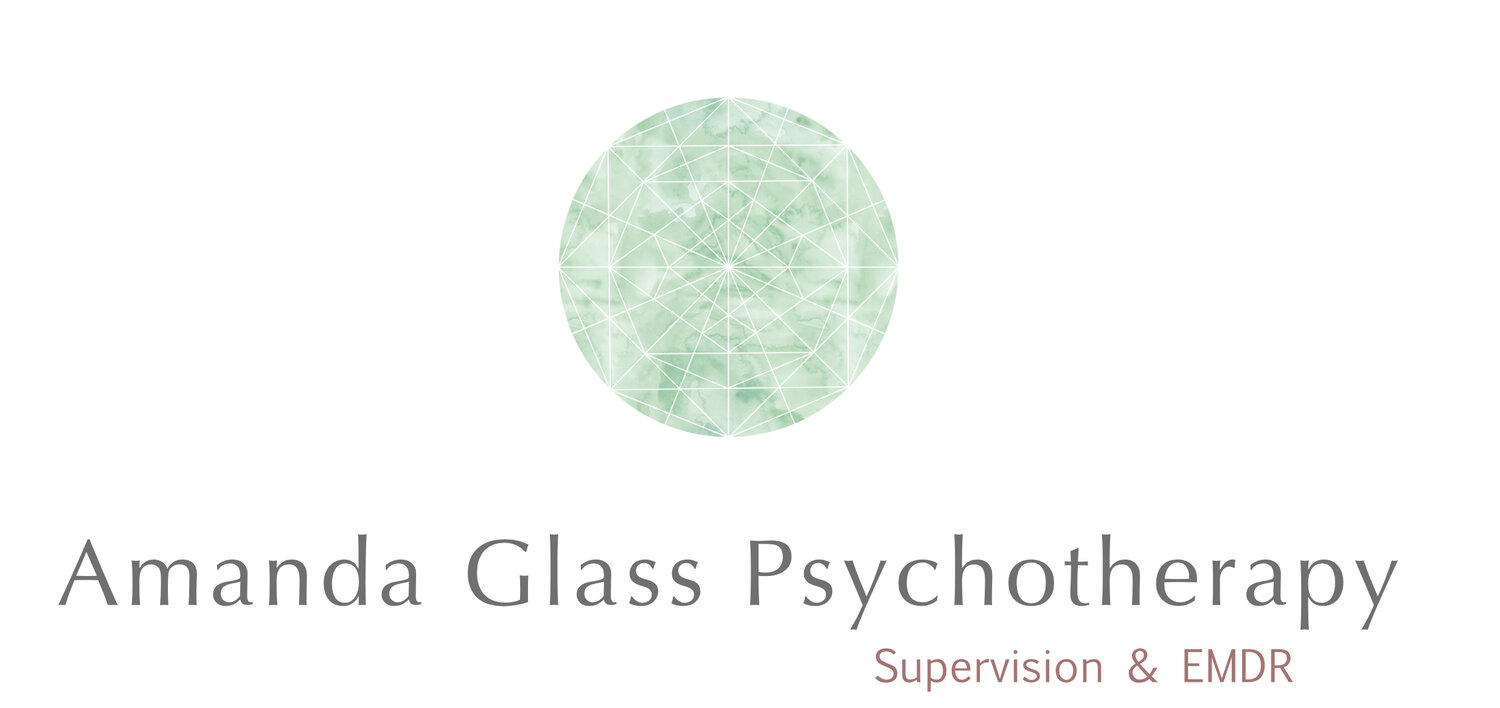Is there a difference between counselling and psychotherapy?
A practical difference is that counselling is often time-limited and addresses one or more specific issues. Psychotherapy is usually long-term deeper work. Both offer a way of achieving greater self acceptance.
What if I come to the initial consultation and don’t want to have therapy with you?
That is absolutely fine. The initial consultation is for you to check out if therapy is for you, and if you’d like to work with me. Once you have had your initial consultation it’s up to you to decide whether or not you wish to continue or not.
Why can’t I just talk to a friend?
Talking to family and friends can be very helpful. However, what if you want to talk about them? A person who is unbiased can offer a fresh perspective. A therapist is focused on you without preconceptions or assumptions, and you have their uninterrupted time to talk about your concerns.
Why are the sessions weekly?
Therapy is a commitment and a weekly session allows a regular time to engage with whatever it is that has brought you there.
Do I need to talk about my childhood?
You don’t have to talk about anything that you don’t feel comfortable or ready to talk about. In order to get to know you it is important to have some understanding of your psychological past and understanding your childhood can be helpful in this respect.
What is Cognitive Behavioural Therapy (CBT)?
CBT is a particular approach that has a behavourial focus, and we may use some CBT strategies as part of the work, if it is helpful and is something you would like to try.
What is Mindfulness?
For people with stress, depression or unable to relax, the addition of mindfulness practice in therapy can be helpful in reducing anxiety. There is evidence that it helps reduce anxiety. It can develop our capacity to experience feelings and thoughts in a way that allows us to let these thoughts come and go, without fighting against them. This provides both relief and a new way of experiencing life in the here and now and increases the capacity for self-regulation.

